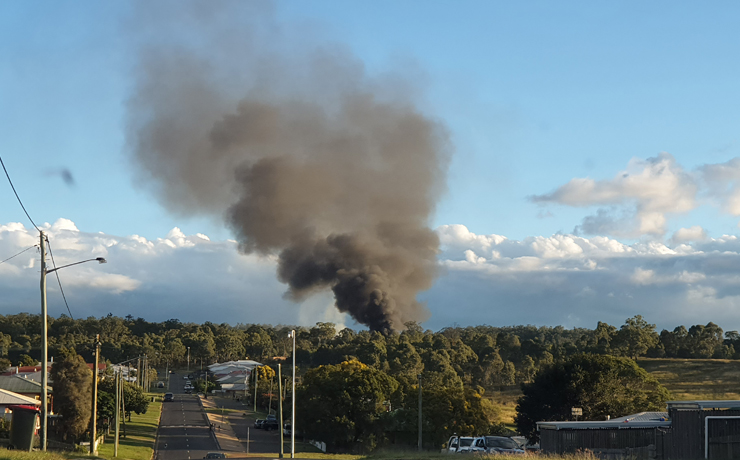
October 18, 2023
The Fair Work Ombudsman has urged growers and labour hire companies to prioritise compliance after issuing fines totalling $316,860 nationally, and recovering $72,301 for underpaid workers.
The FWO has investigated 447 businesses in regional hot spots across Australia since its agriculture strategy began in December 2021.
Site inspections targeted employers in 15 regions where intelligence suggested non-compliance could be rife.
The most recently inspected regions were the Sunshine Coast and Lockyer Valley, and the Riverina in NSW.
The regulator found a mixed bag with some areas remaining stubbornly non-compliant (Riverland, Mildura and Coffs Harbour) and others with much improved workplace practices, including the Wide Bay and Moreton Bay regions.
In fact, 68 businesses inspected in the Wide Bay and Moreton Bay regions were found to be compliant.
There were seven non-compliant employers in Wide Bay and three in Moreton Bay, with one Infringement Notice issued in each region, for a combined fine of $4400.
Across Australia, the Fair Work Ombudsman issued 98 Infringement Notices for pay slip and record-keeping breaches, with employers fined a total of $316,860.
The large majority (86 notices) were to labour hire groups; only 12 growers were fined.
Fair Work Inspectors also issued 48 Compliance Notices. These resulted in $72,301 in back-payments for 184 workers.
Of these notices, 26 were issued to labour hire entities and 22 were to growers.
Fair Work Ombudsman Anna Booth said the regulator would continue to prioritise the agriculture sector in 2023-24 because of its reliance on vulnerable workers such as visa holders and its use of complex supply chains.
“It’s a red flag if workers are not issued pay slips, can’t identify their employer and are paid cash-in-hand by individuals seemingly unrelated to the apparent employing entity. We see this all too often in multi-level supply chains,” Ms Boot said.
“Breaches of record-keeping and pay slips laws often indicate increased risks of underpaying workers as well as non-compliance with other Commonwealth laws. Employers should access our free resources and get it right, or they will continue to face fines, backpayments and legal proceedings.”
























